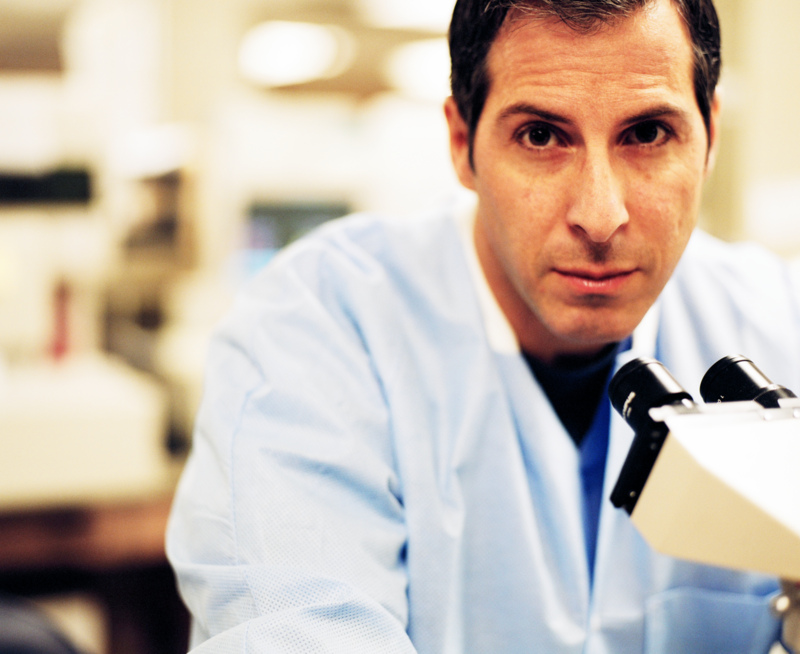
TUESDAY, Sept. 14 (HealthDay News) — Nearly half of U.S. surgeons who received at least $1 million in payments from companies that make orthopedic devices such as artificial joints did not disclose their financial ties when they published articles on such devices in medical journals, a new study has found.
This means that medical professionals and others who read the articles aren’t aware of conflicts of interest that could affect patient care, explained the researchers at the Institute on Medicine as a Profession (IMAP), a think tank at the Columbia University College of Physicians and Surgeons in New York City.
“The findings raise troubling questions about undisclosed payments or royalties and other fees from medical device companies that could lead to biased scientific conclusions,” study senior author David Rothman, president of IMAP, said in an institute news release.
Using public databases, he and his colleagues examined 2007 physician payment information from five orthopedic device makers (Biomet, DePuy Orthopaedics, Smith & Nephew, Stryker, and Zimmer) and found that they gave 1,654 payments totaling $248 million for consulting, honoraria and other payments for services.
The researchers also found that 62 percent of the $248 million was given to 41 orthopedic surgeon researchers who received amounts ranging from more than $1 million to $8.8 million.
Of the 95 journal articles published by those 41 highly paid orthopedic consultants after they received their large payments — nearly all of them about a medical device — less than half disclosed a financial tie between the author and orthopedic device maker. None of the articles revealed the large amounts of industry money received by the authors, the investigators found.
Consumers should be concerned by the findings, Rothman’s team noted in the report published online Sept. 13 in the journal Archives of Internal Medicine.
“Patients have a real stake in transparency. You want to make sure that the surgeon is choosing the device that is best for you and that your doctor is not getting biased information,” Rothman said in the news release.
“The next generation of physicians should know that every nickel they take from industry is going to be made public,” he added.
Industry-funded medical research — even when financial ties are transparent –has come under increased scrutiny over the past few months.
A recent review of hundreds of clinical drug trials conducted between 2000 and 2006, for example, found that studies sponsored by the pharmaceutical industry were more likely to publish favorable results than those with no financial interest in the findings.
In addition, a review of 150 recently published stories on children’s health found that industry-sponsored trials were at greater risk of distortion than non-profit or government-sponsored studies.
More information
The U.S. National Institute of Environmental Health Sciences has more about research ethics.

